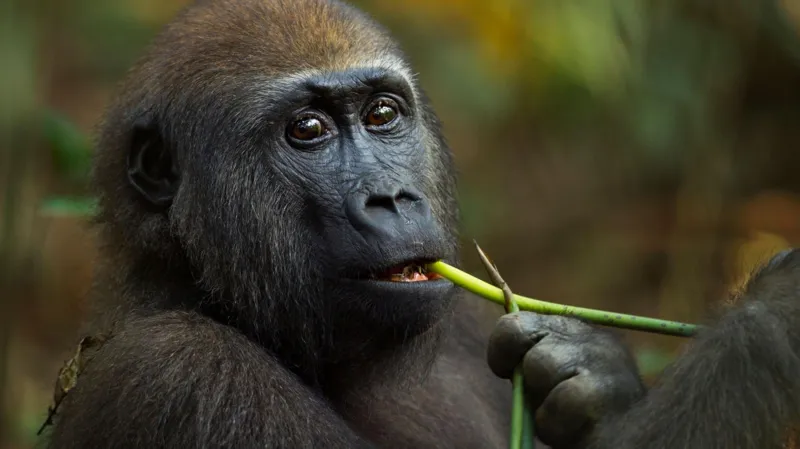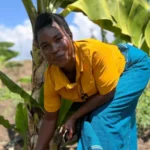Four tropical plants with medical properties were found by researchers in Gabon after they examined plants that are consumed by wild gorillas and utilized by local healers.
The plants had significant levels of antioxidants and antimicrobials, according to laboratory research.
One appeared to have promise against superbugs.
It is known that great apes choose plants with therapeutic qualities as a form of self-medication.
Recently, an injured orangutan gained notoriety for bandaging his wounds with a plant paste.
In the most recent study, botanists in Gabon’s Moukalaba-Doudou National Park noted which plants the western lowland gorillas consumed.
Based on consultations with indigenous healers, they chose four trees that were likely to be beneficial: African teak (Milicia), gigantic yellow mulberry (Myrianthus arboreus), fromager tree (Ceiba pentandra).
The tree bark included compounds with therapeutic properties, such as flavonoids and phenols, which were employed in traditional medicine to cure a variety of ailments, from infertility to stomach problems.
E. coli, a pathogen that is resistant to at least one antibiotic, was shown to be susceptible to the antibacterial properties of all four plants.
According to them, the fromager tree in particular had “remarkable activity” against every strain that was examined.
This indicates that gorillas have evolved to consume plants that are beneficial to them and draws attention to the vast gaps in our understanding of the Central African rainforests,” said Dr. Joanna Setchell, an anthropologist from the University of Durham in the United Kingdom who collaborated with scientists from Gabon on the study.







